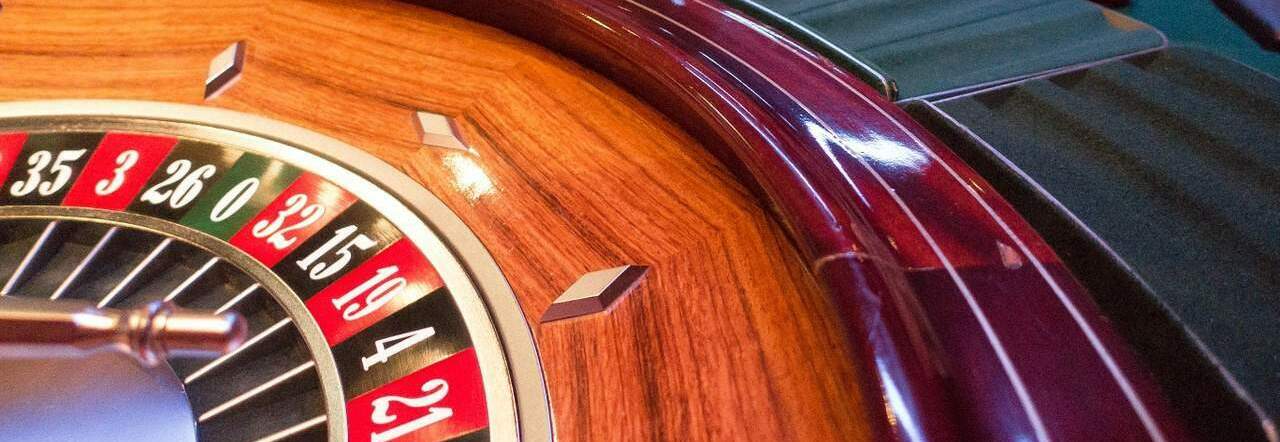Imagine walking into a bar and simulating a slot machine game. All in immersive virtual reality. This is what students, between the ages of 18 and 20, recruited from secondary schools, have done. With surprising results. According to the scientific investigation, carried out by the Laboratory of Applied Experimental Psychology, of the Department of Psychology of the Sapienza University of Rome within the framework of the PON Legality Project “In the shoes of Cain to understand and defend the reasons of Abel” beneficiary of the Ministry of the Interior, gamblers would be more sensitive to “near-wins”. In a few words, players would bet more money after a “nearly won” outcome and would be much quicker in decision times between one bet and another.
The scientific research conducted in the five regions targeted by the Project, Campania, Basilicata, Puglia, Calabria, Sicily, aimed to validate and, therefore, to test one of the virtual reality scenarios proposed by the project, gambling, and to investigate, in a high-impact immersive virtual environment, the effects of near wins.
The research, carried out in the field and completed in February 2023, allowed the drafting of a scientific article “Gambling and Virtual Reality: Unraveling the Illusion of Near-Misses Effect”, which will be published in the coming months in the scientific journal Frontiers in Psychiatry, in the special Addictive Disorders section.
Specifically, the study examined the behavioral and physiological effects of problematic gambling behavior and its effects on risk-taking during the game. The results obtained reflect the false belief that problematic players have following a near win, believing that this will lead them, with greater probability, to a future win. A behavior made evident by the physiological data recorded, such as heart rate and skin conductance. For example, a deceleration of the heartbeat was recorded in the moment preceding the result of the slot machine, followed by an acceleration after the outcome. This, scientifically, can be considered as a strong marker of anticipation and processing of the slot machine result.
In conclusion, the study of the Laboratory of Applied Experimental Psychology, of the Department of Psychology of the Sapienza University of Rome has provided new insights into the factors that contribute to the development and maintenance of problematic behavior in gambling. Furthermore, the virtual reality scenario has proven to be an ecologically valid and useful tool for stimulating the typical behavioral and physiological responses of a real context.
An investigation that can be of great help especially in particularly at-risk contexts, where the number of gamblers is always growing, such as in Naples and Campania.

